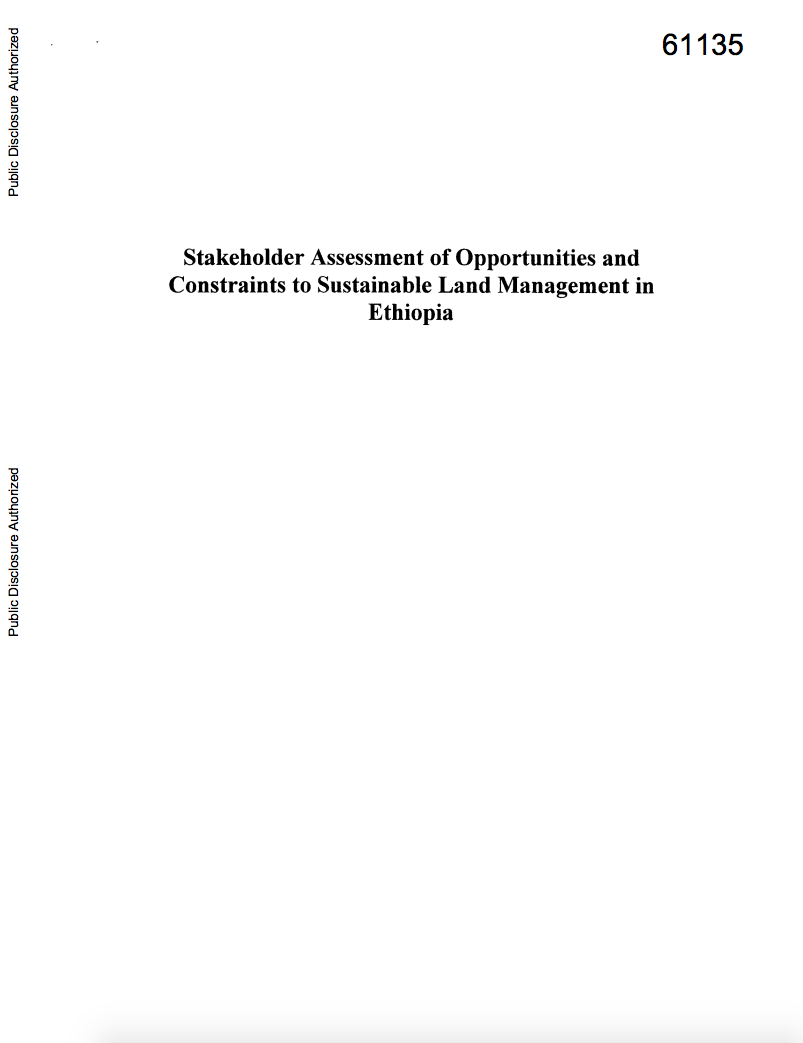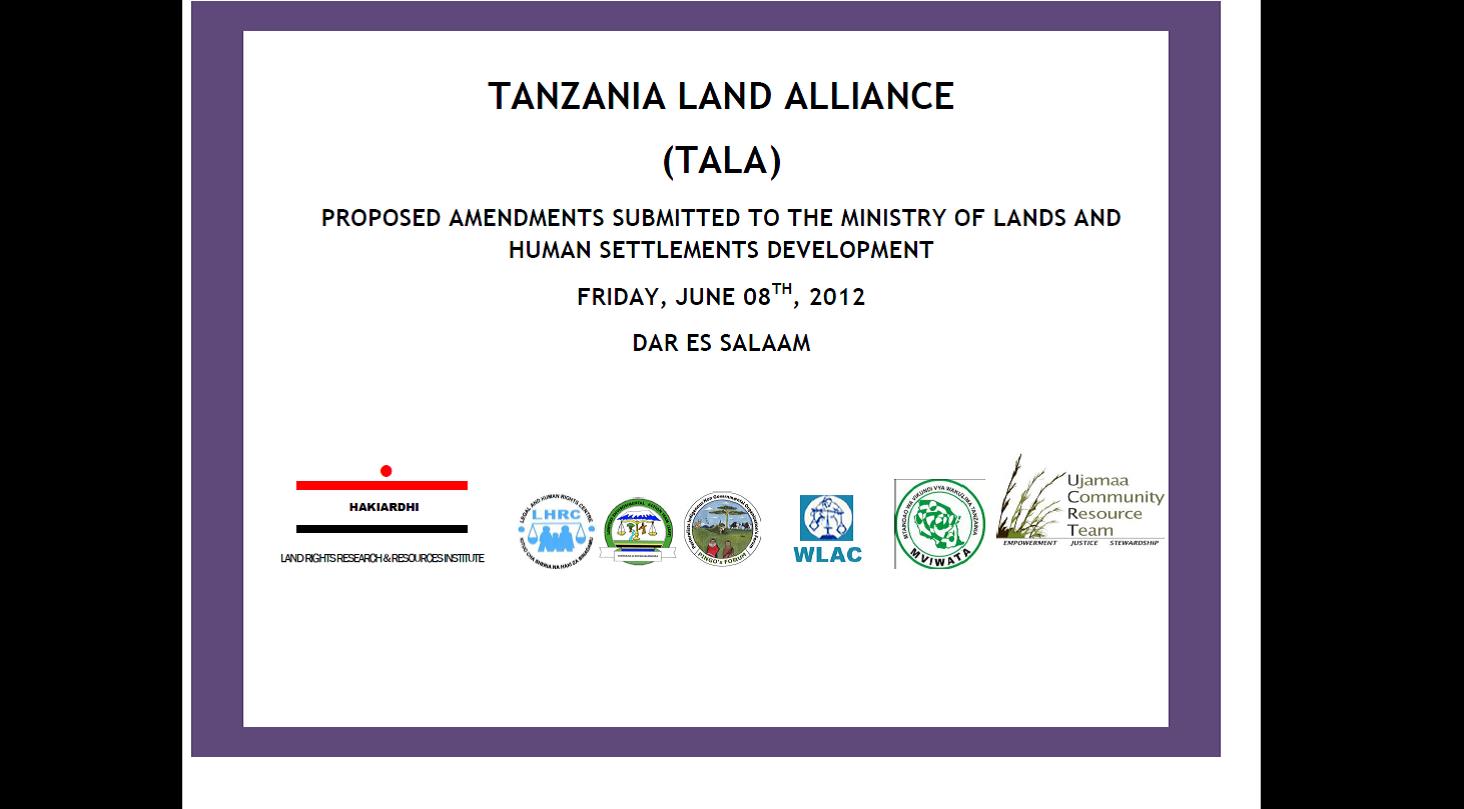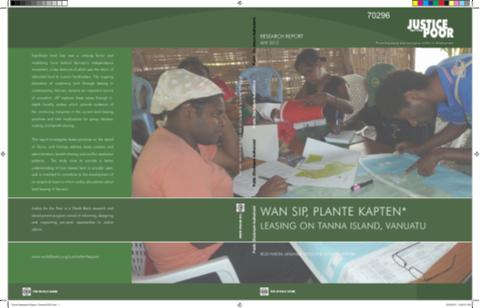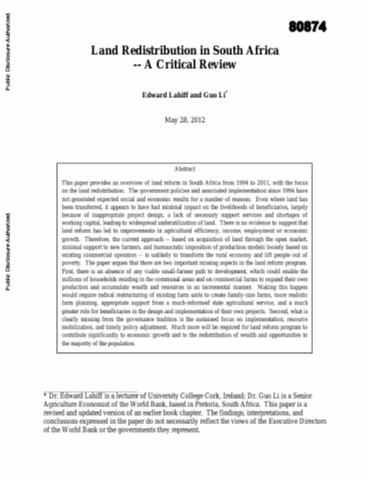Afghanistan : Country Gender Assessment, National Reconstruction and Poverty Reduction, the Role of Women in Afghanistan's Future
Throughout the 20th century, the debate on women's rights and their role in Afghan society has been closely interlinked with the national destiny. Women not only carry the burden of symbolizing the honor of the family, but often are seen as embodying the national honor as well. Gender has thus been one of the most politicized issues in Afghanistan over the past 100 years, and attempts at reform have been denounced by opponents as un-Islamic and a challenge to the sanctity of the faith and family.






